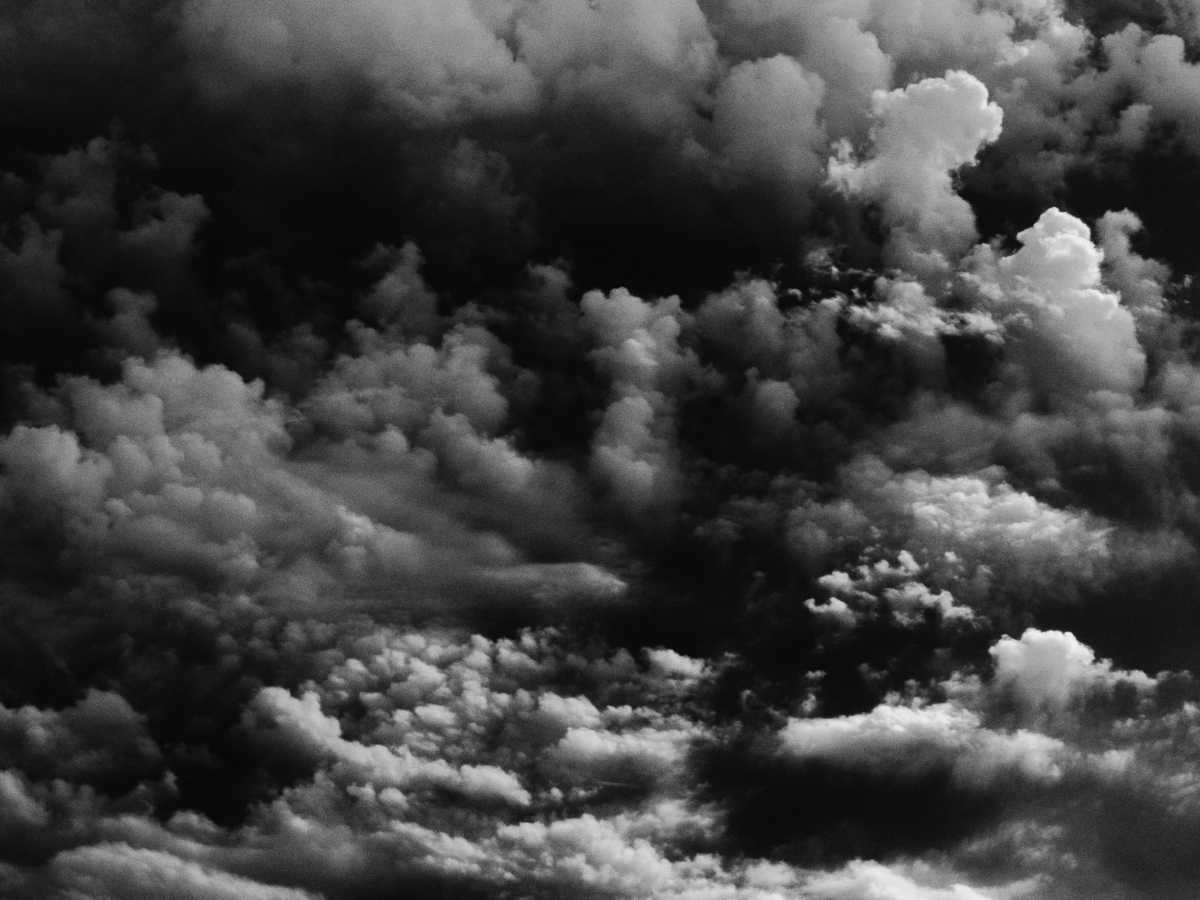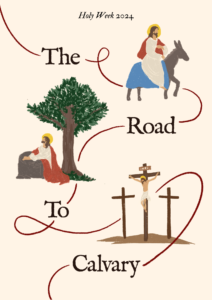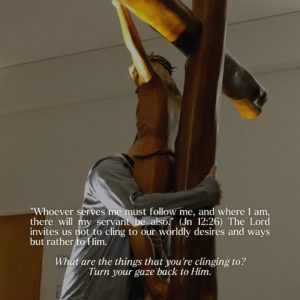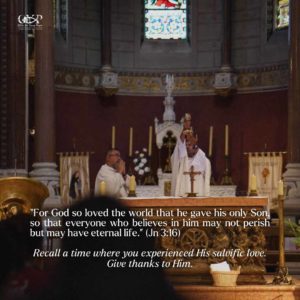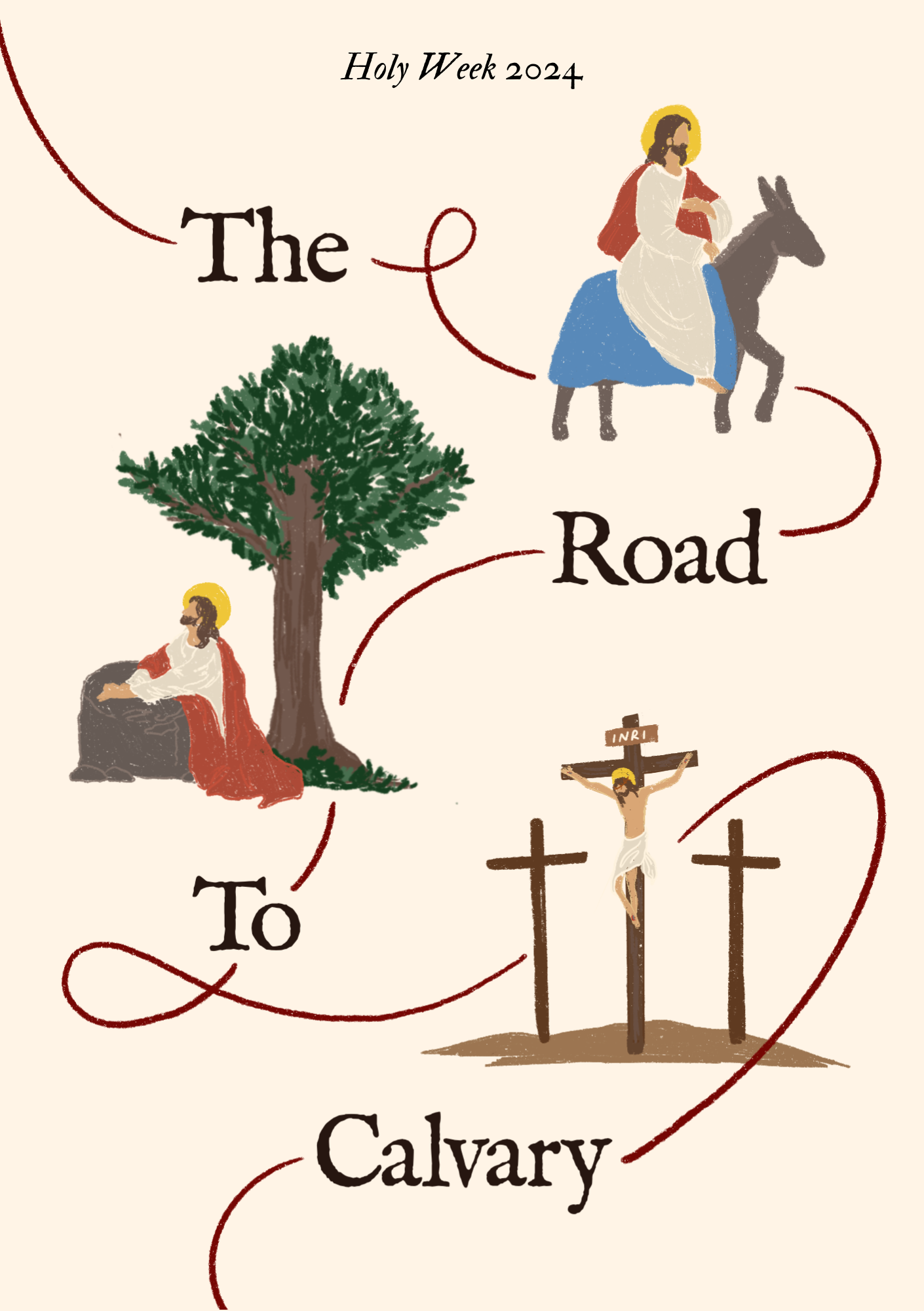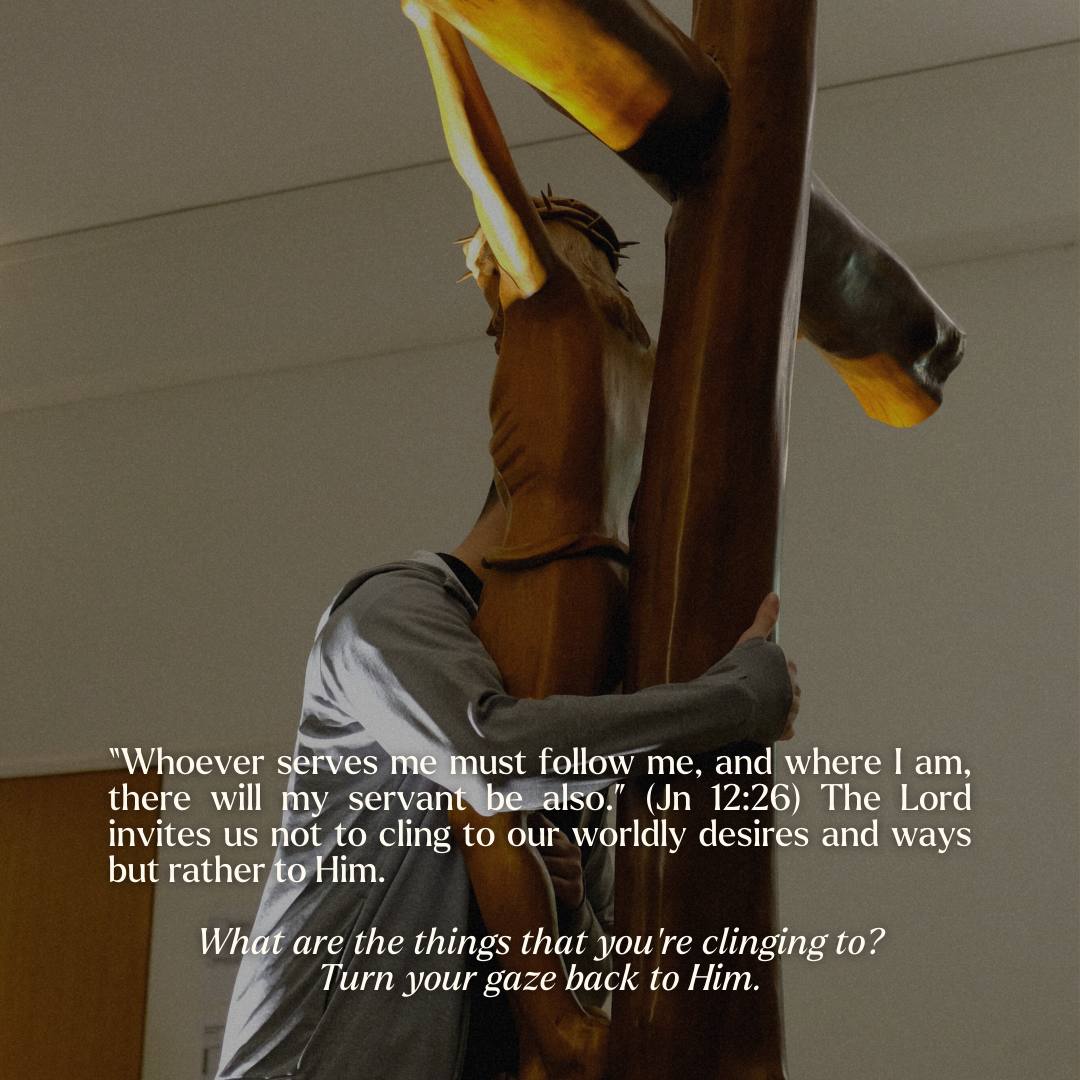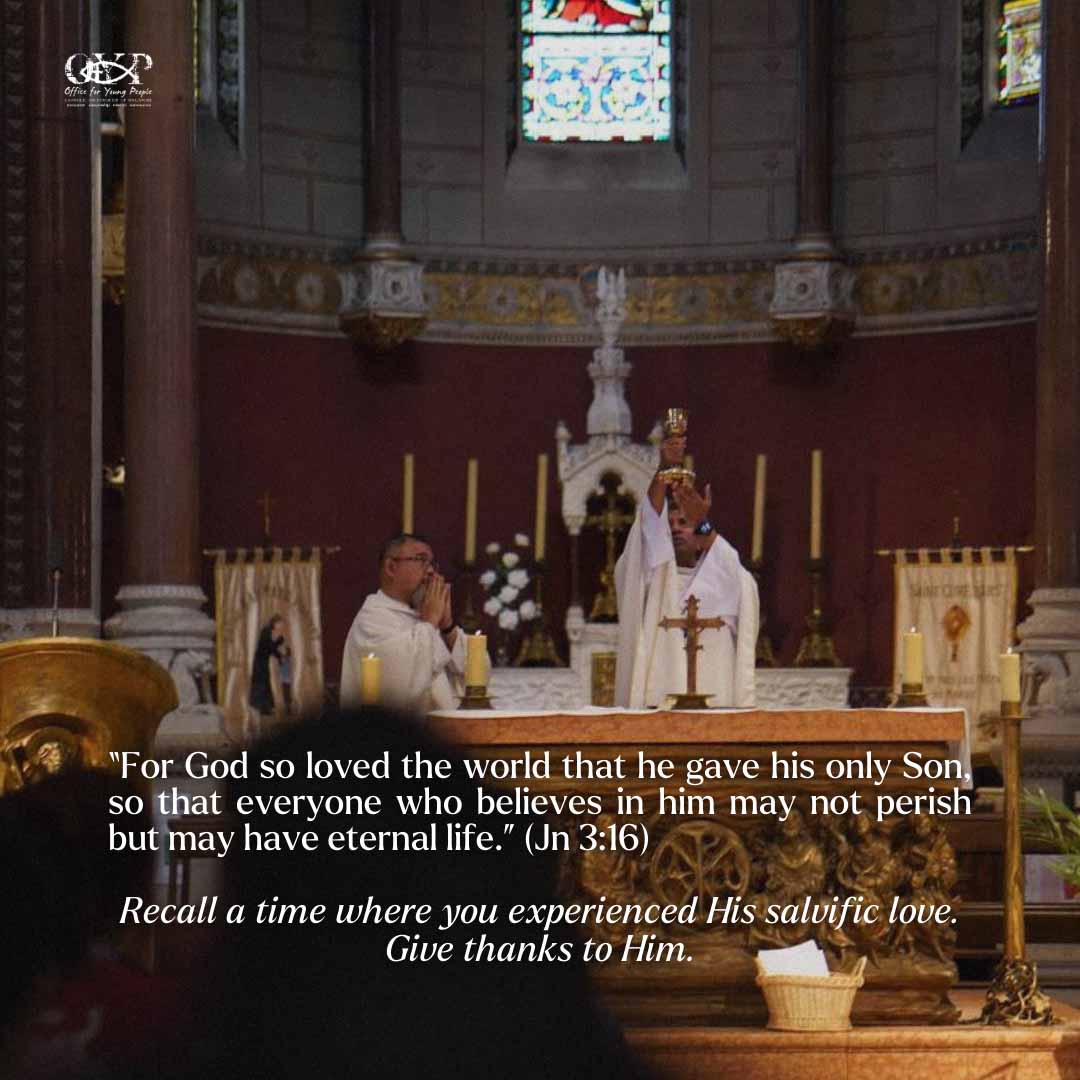By Joseph Fernandez
“The End of Time” conjures, for many, images of fire and brimstone, death and destruction. But, in fact, the Church has a very systematic understanding of the End of Time, encapsulated in the Four Last Things – Death, Judgement, Hell, and Heaven.
- Death
“The world’s thy ship and not thy home,” said St. Therese. The Church has always understood this world to be a merely passing thing. Thus, she exhorts us not to be attached to the things of this world, but to recognise that they merely foreshadow a higher reality, one that transcends the merely material.
- Judgement
In the future, Christians believe there will come the Last Judgement. At that time, Christ will come to Earth again to judge mankind. CCC1039 says that on that day, “in the presence of Christ, who is Truth itself, the truth of each man’s relationship with God will be laid bare”. Pretenses fall away and we are judged by the true state of our relationship with Christ. Thus, we are called to live lives of repentance, turning away from sin to prepare for that Final Day. - Hell
God, in His infinite love, has given Man the freedom to choose to live totally separate from Him. In the end, the final refusal to turn to God, the choice to remain outside the Father’s House, will lead Man to hell, the final state of eternal separation from God (see Luke 14:15-24). - Heaven
As for those who choose to remain with God, they will be gathered up in what St. Thomas Aquinas calls the “Beatific Vision”, the state of eternal and total union with God, the fulfilment of one’s earthly desires. In this state, “He will wipe away every tear…there will be no more mourning” (Revelation 21:4). We will be with God, praising His glory for all eternity.
What Happens at the End?
The Church teaches that there will be two Judgements. The Particular Judgement occurs at the moment of death, where God will judge a person individually, and either welcomes them into the eternal life of Heaven, sends them to purgatory for further purgation before they can enter His Kingdom, or allows them to remain eternally separated from Him in Hell. The Last Judgement, on the other hand, occurs at the very End of Time, when Christ, having come to Earth a second time to eradicate evil and remake a new Earth, resurrects the dead, returning them to their bodies. Then, with all humanity gathered, He will separate those who choose to turn away from Him (allowing them to remain in Hell) from those who are ready to inherit His Kingdom, where they will dwell with Him in joyful communion (see Matthew 25:31-46).
Another question concerns who goes to Heaven and Hell. On the one hand, some would argue that, since God is totally merciful, it makes no sense for Him not to work for the redemption of even the worst sinner, since “God desires that all be saved” (1 Timothy 2:4). And since God both desires the salvation of all and, being omnipotent, has the ability to do so, it would seem that all will eventually be saved and hell will, in fact, be empty. On the other hand, others would argue that, since God is totally just and is all-knowing, He already knows who will be saved and who will not. And since Jesus said that “narrow is the path that leads to eternal life, and those who find it are few” (Matthew 7:13-14), then only a few of the most loyal Christians will be saved.
St. Augustine answers: “Do not despair. One of the thieves was saved. Do not presume. One of the thieves was damned”. The only attitude that we Christians can legitimately take is one of humble faith. The Church can and has made pronouncements of people who are in Heaven already: they are the saints, those who have fought the good fight (2 Timothy 4:7) and now enjoy their reward as the Church Triumphant in Heaven. The Church cannot, however, make any pronouncement about who is in hell, since only God can make that judgement. So, an excessive optimism or pessimism about our salvation is unhealthy. Instead, what we Christians should do is to focus on preparing for the End by keeping faithful to the Lord’s commands and trusting in His merciful justice to make the right judgement about each of us.

